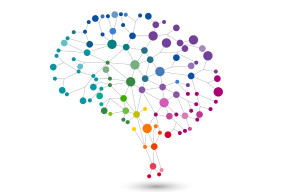News
Tanzania strengthens evidence-based data collection to support girls’ education

In Tanzania, data on education is collected and provided by Basic Education Statistics Office, managed by the President's Office-Regional Administration and Local Government. While this work is important, gaps still exist. For example, Tanzania does not currently measure data around adult and non-formal education and does not have a set of indicators to understand the context and challenges affecting girls’ education. In Zanzibar, guidelines to collect and manage data in education do not exist.
UNESCO is supporting efforts to strengthen data collection and management at central, regional, and district levels. This work is key to inform and strengthen the development of gender-responsive education policies and programmes that benefit girls and women in Tanzania.
As part of this work, UNESCO provided capacity building trainings to data collectors and recommendations to improve existing data collection and management guidelines at formal and non-formal education levels. As a result, more than 1,200 data collectors in mainland Tanzania and Zanzibar strengthened their capacity to collect, analyze and use gender-responsive data.
In addition, UNESCO provided technical support for developing data collection tools and guidelines for adult and non-formal education and vocational training in Zanzibar. A set of indicators around gender-based violence and adolescent pregnancy has been integrated into the Education Management Information System.
Meet Haji Juma Haji
After participating in the capacity building training, Haji Juma Haji, a Literacy Officer at the Department of Alternative Learning and Adult Education, Zanzibar Ministry of Education and Vocational Training, is now working with his colleagues to improve their data collection and management systems.



